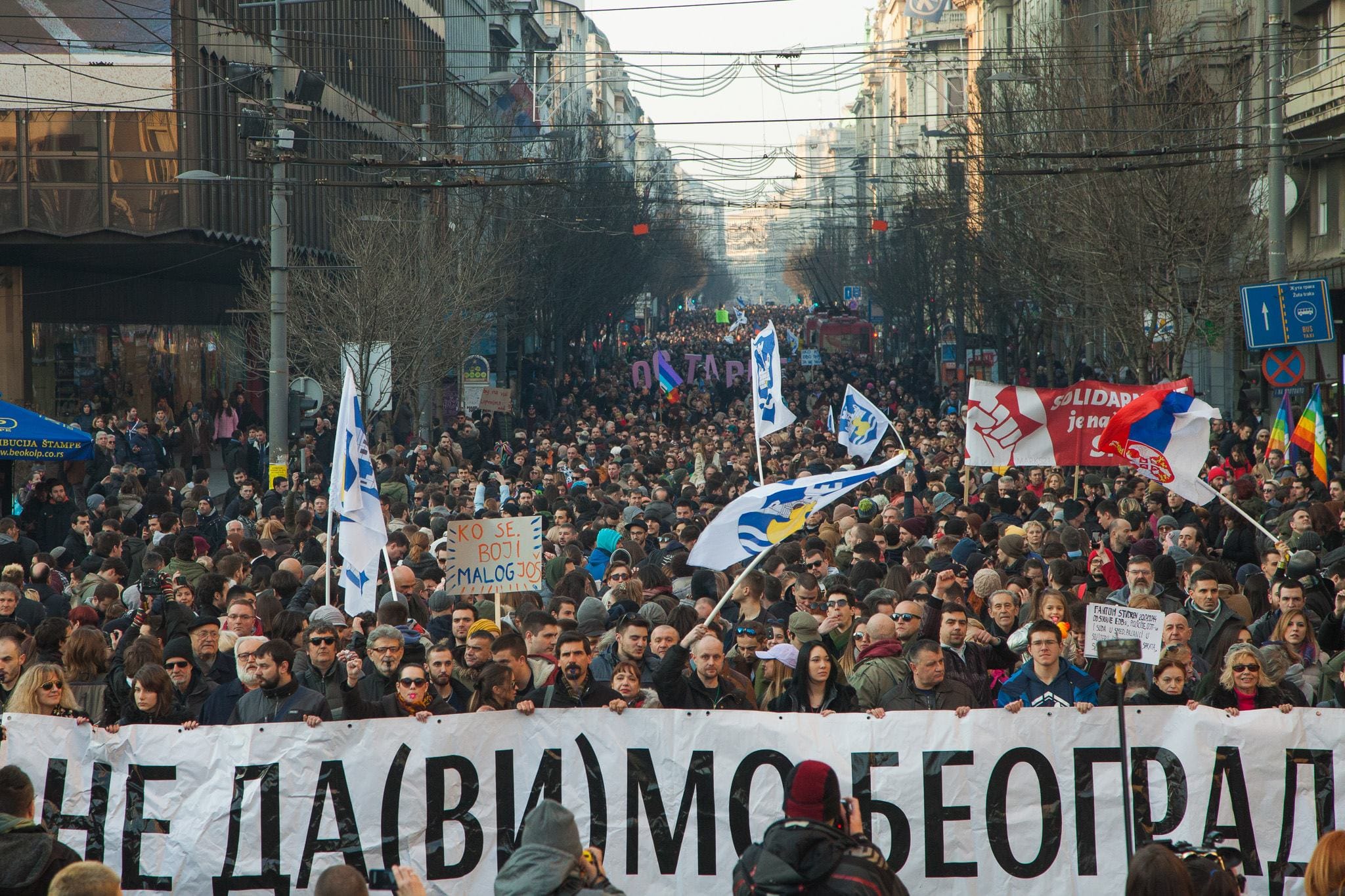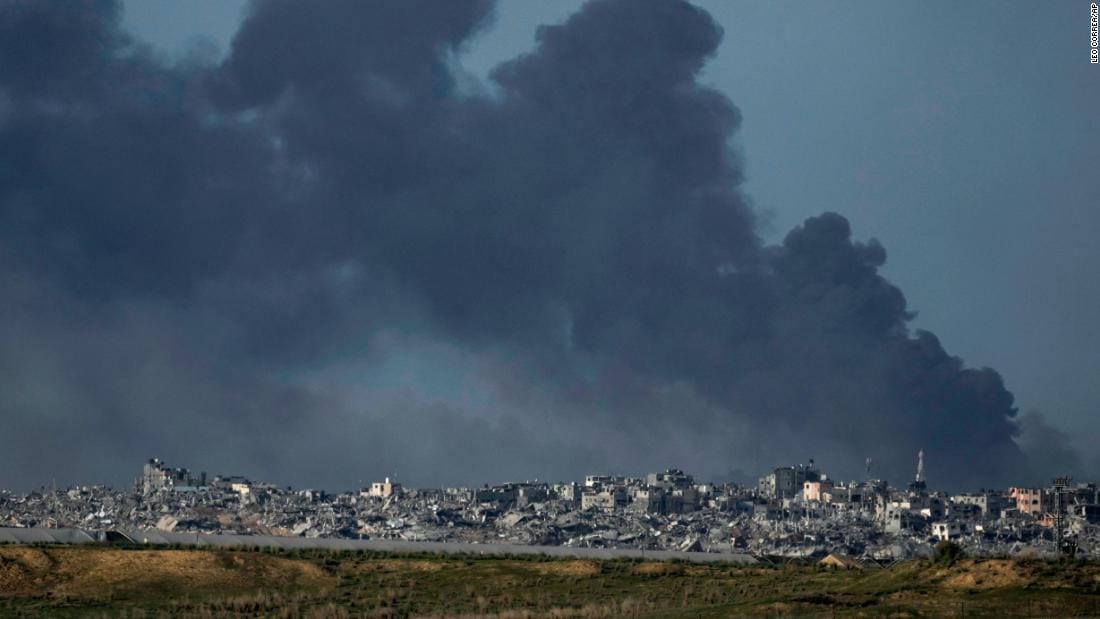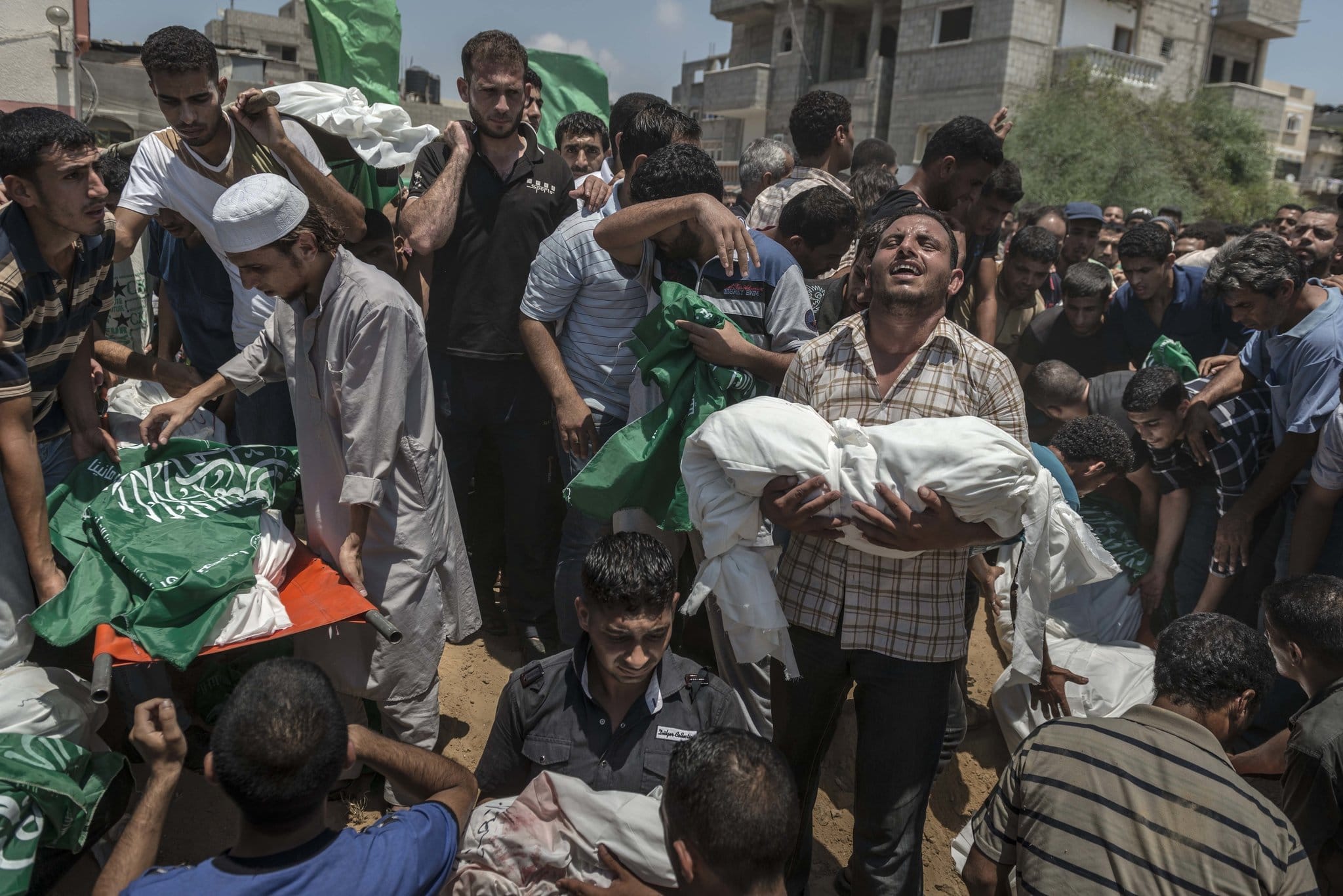The announcement of a ceasefire in Gaza marks a significant moment in a long-standing conflict that has seen numerous escalations and periods of violence. This latest cessation of hostilities has generated a mix of hope and skepticism among various stakeholders, including local populations, international observers, and political leaders. Understanding the implications of this ceasefire is crucial for assessing the future of the region.
The ceasefire, which came into effect after intense negotiations, aims to halt the violence that has plagued Gaza and its surrounding areas. The immediate effect of this agreement is the cessation of military operations, which has led to a reduction in casualties and destruction. For the residents of Gaza, this pause in hostilities offers a much-needed respite from the ongoing violence that has disrupted daily life, caused significant loss of life, and led to widespread destruction of infrastructure.
Humanitarian conditions in Gaza have been dire, with many residents lacking access to basic necessities such as clean water, food, and medical care. The ceasefire provides an opportunity for humanitarian organizations to deliver aid and support to those in need. However, the effectiveness of this aid will depend on the security situation and the ability of organizations to operate freely in the region. The international community is closely monitoring the situation to ensure that humanitarian assistance reaches those who require it most.
In addition to immediate humanitarian concerns, the ceasefire raises questions about the long-term political landscape in the region. Historically, ceasefires have been temporary solutions that do not address the underlying issues fueling the conflict. The current ceasefire is no exception, as it does not resolve the fundamental disputes over territory, governance, and mutual recognition between the parties involved. As such, the potential for renewed violence remains a concern, particularly if diplomatic efforts do not follow through with concrete actions aimed at addressing these core issues.
The role of international actors in the aftermath of the ceasefire will be critical. Countries and organizations that have historically been involved in mediating peace efforts will likely increase their engagement in the region. This could involve diplomatic initiatives aimed at fostering dialogue between the conflicting parties, as well as efforts to rebuild trust and establish a framework for lasting peace. The success of these initiatives will depend on the willingness of both sides to engage in meaningful negotiations and make concessions.
Moreover, the ceasefire has implications for regional dynamics. Neighboring countries and regional powers have vested interests in the outcome of the conflict and may seek to influence the situation to align with their strategic goals. The involvement of these actors can complicate the peace process, as their interests may not always align with those of the primary parties involved in the conflict. Therefore, any sustainable resolution will require careful navigation of these complex relationships.
Public sentiment in both Gaza and Israel will also play a significant role in shaping the future of the ceasefire. The experiences of civilians during the conflict can lead to deep-seated grievances and mistrust, which can hinder efforts to achieve lasting peace. Building a foundation for reconciliation will require addressing these sentiments and fostering a culture of dialogue and understanding between the communities.
As the ceasefire holds, it is essential for all parties to remain committed to the process and to prioritize the well-being of civilians. The international community must continue to advocate for the protection of human rights and the provision of humanitarian aid. Additionally, there should be a concerted effort to engage in dialogue that addresses the root causes of the conflict, rather than merely focusing on temporary solutions.
In conclusion, while the ceasefire in Gaza offers a moment of hope and a chance for humanitarian relief, it is crucial to recognize that it is only a first step. The path to lasting peace will require sustained efforts from all stakeholders, including local communities, regional powers, and the international community. The coming weeks and months will be critical in determining whether this ceasefire can lead to a more stable and peaceful future for Gaza and the broader region.



